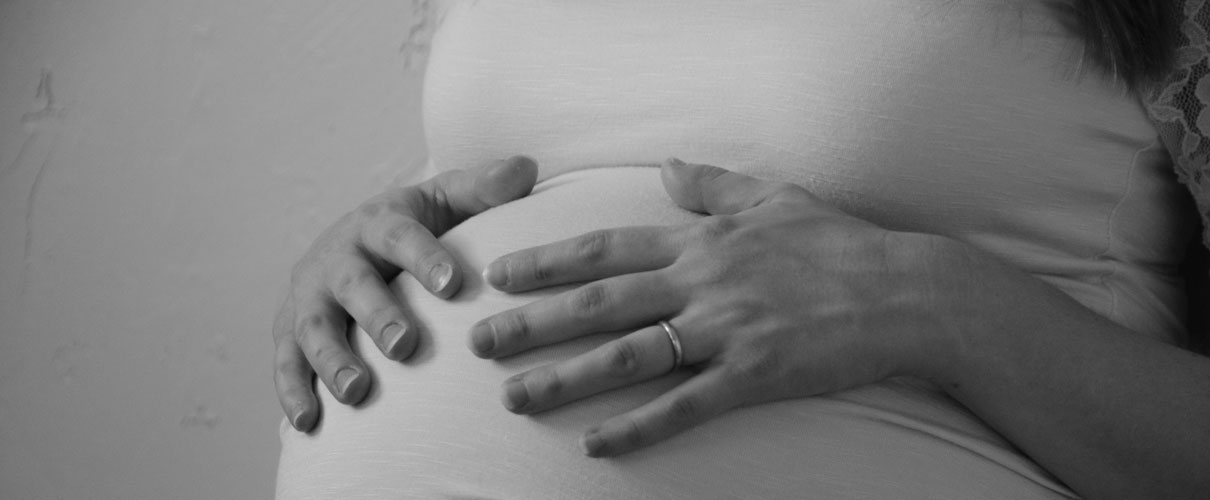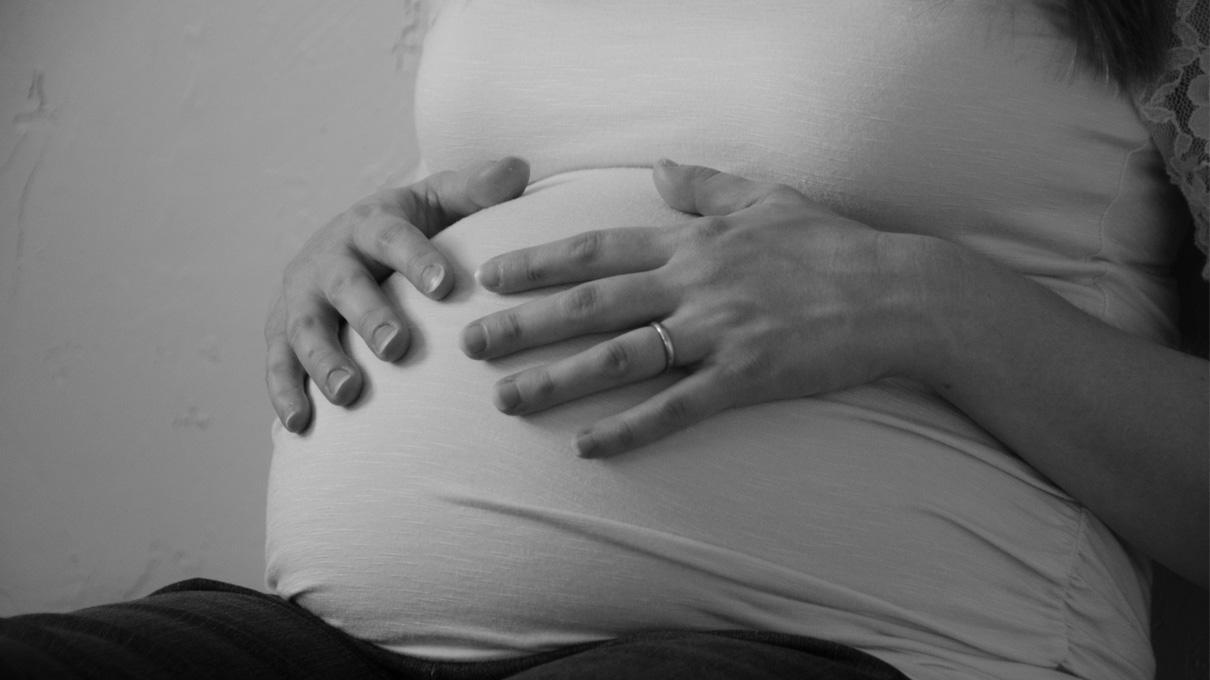

Pregnancy Feelgood
People may talk of the healthy pregnancy 'glow', but you could well spend your time feeling less than perfect. Because of all the changes taking place in your body, there are many common ailments, from constipation and heartburn to backache and morning sickness. On the plus side, you're unlikely to suffer all of them, and some will be particular to certain stages of pregnancy, so will pass. And there are plenty of ways of alleviating the symptoms...
Morning sickness
Nausea is no respecter of the clock and can strike at any time - and can range from slight queasiness to extreme vomiting. It's most likely to occur when your blood sugar levels are low, so eating little and often can help, especially if you eat foods rich in complex carbohydrates, which will release their energy more slowly, sustaining you for longer. Some women find that foods and herbal teas containing ginger or mint are helpful. If you have sea bands (the elastic bands worn to counteract seasickness), try wearing those. Alternatively, find the anti-nausea pressure point three finger-widths from the wrist crease on the inside of your arm and press down gently, ideally four times a day for ten minutes at a time. Homeopathic remedies may also help: try a 6c potency of sepia, pulsatilla, nux vomica or ipecac every two hours or consult a homeopath for more advice. If your vomiting is severe and you feel unable to keep anything down, see your doctor, as you may suffer dehydration.
Constipation
The hormones that prepare the pelvic muscles for labour tend to slow down the digestive system, thus leading to constipation. If you're suffering, don't just sit there feeling uncomfortable, but keep moving. Exercise is beneficial, whether it's a gentle stroll or a few lengths of the pool, as is drinking plenty of water and eating lots of fibre-rich foods, such as fruit, vegetables and whole grains.
Heartburn
This is common in the later stages of pregnancy, as your growing bump puts pressure on your stomach. Spicy, fried, rich or yeasty foods can exacerbate the problem, so avoid these, and opt for alkaline foods such as yoghurt or milk. Pineapple and papaya (pawpaw) contain beneficial enzymes, while herbs and spices such as anise, caraway, dill and fennel can help digestion - use them in your cooking or find a herbal tea that contains them.
Backache
With the hormone relaxin softening your muscles and ligaments in preparation for the birth plus the extra weight you're carrying around your middle, it's no great surprise that many women suffer backache during pregnancy. First and foremost, try to keep your back straight when you're standing, and do try to keep moving and changing position during the day. Sitting on a birth ball will help as it encourages gentle movement and hip rotation. Or try doing a few pelvic tilts: stand with your feet hip width apart, bend your knees and place your palms down on your lower back. Breathe out, move your hands down, tilting your pelvis up and tucking your bottom in. Return to the start position and repeat. Ask your partner to massage your lower back; a few drops of lavender and geranium blended into 30 ml sunflower oil should relax you nicely.
Water retention
Swollen legs and ankles are common in late pregnancy, but only a worry if accompanied by high blood pressure and protein in your urine. Try to make time to sit with your feet up, and if possible, have a foot bath: add eight drops of camomile, geranium, neroli or lavender oil to warm water and soak for 10 minutes. Follow with a cooler foot bath to improve circulation. Massaging in a decongestant foot cream using firm strokes upward towards the heart will also help (get your partner to do this if you can't reach your feet any more!). Nettle tea is also good, as are fennel and horseradish.

